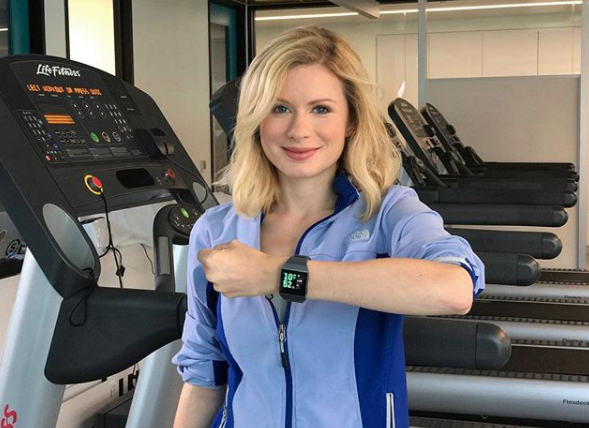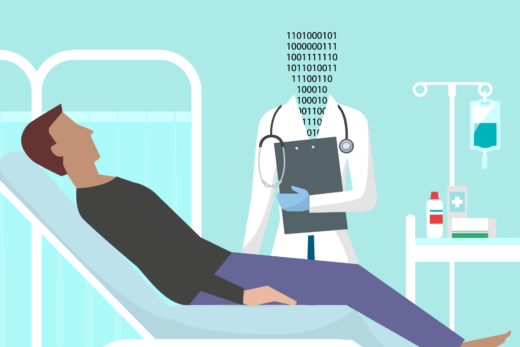We like to check in every once in awhile on the world of digital health, an area full of promise but not, thus far, overbrimming with results.
There are exceptions, however, and as we did last year at this time, we're turning to San Francisco-based CNBC journalist Christina Farr, who breaks a lot of health tech stories, to clue us in on her beat. This year we asked her what were the really big stories she covered in 2018.
Here are some highlights from our talk, in Christina's own words. The following has been edited for length and clarity.
Big Digital Health: It's a Thing
It was a really big year in digital health, particularly where large tech companies are concerned: Apple, Amazon, Google, Microsoft, Samsung...
John Doerr, the venture capitalist who is a big health investor, recounted at the Forbes Healthcare Summit how internet companies in the '90s aimed to disrupt the advertising space, which back then was based mostly on television advertising. Those companies thought they could do a better job because there was really no way at that time to measure and track the performance of ads in real time. So they took on this industry, which is now worth about $75 billion in the U.S.
By comparison the health care opportunity is $3.5 trillion in America alone. As these tech companies attempt to become trillion-dollar or greater businesses, they need something more than just their core competencies. And you can't ignore health care; it's just too big.
Here Comes Amazon ...
Amazon’s acquisition of online pharmacy PillPack in June was a very big story. The announcement really marked them as a player, and the market response -- billions of dollars were knocked off some of these pharmacy stocks -- showed how much of a threat Amazon could be. It's also a very good deal for PillPack and probably showed the digital health community that those sorts of exits are possible.

Around the same time, Amazon also looked at Confer Health, a company in the at-home medical diagnostic space. That's interesting, because it speaks to a strategy that goes deeper than just drug delivery.
Where Amazon could potentially go is this: Imagine you're experiencing symptoms for strep throat, and you talk to your Amazon Alexa device, and there's an AI system, or a real physician, even, that speaks to you and recommends you get tested. A courier comes to your home with a portable device from which you run a sample and you get a result immediately. Or from there the same physician ships you a prescription. And that could all be done in a couple hours.
Or imagine an elderly person who potentially has the flu and might have to go to a physical clinic, and then from there bring a prescription to a Walgreens. That is an annoying user experience but also think about how many people they could infect with the flu on the way to the clinic and pharmacy. So I think there could be some basic things Amazon can do with diagnosing illness in the home. And if they can do that coupled with prescription drug delivery, that's a very different experience of health care than we've seen.
